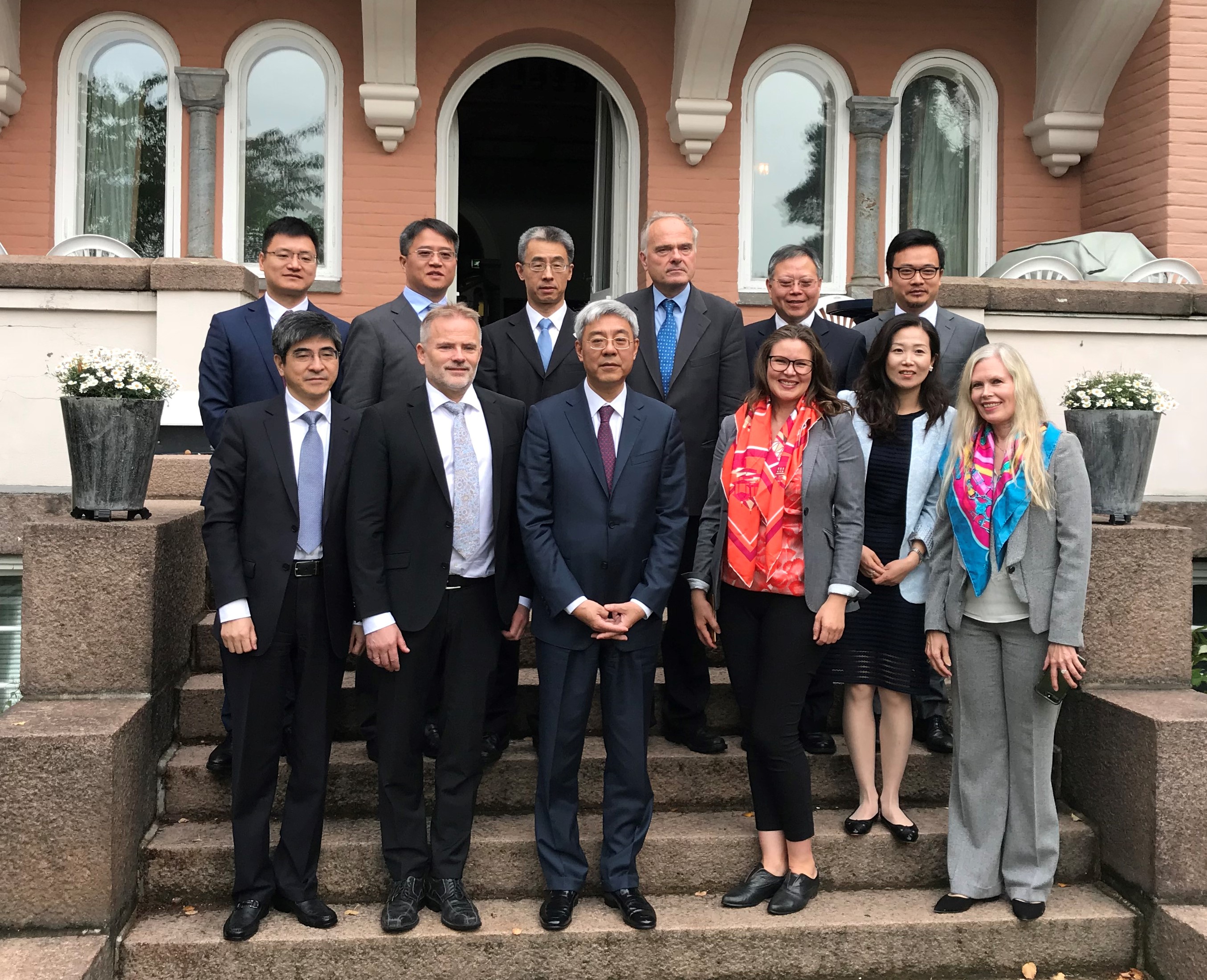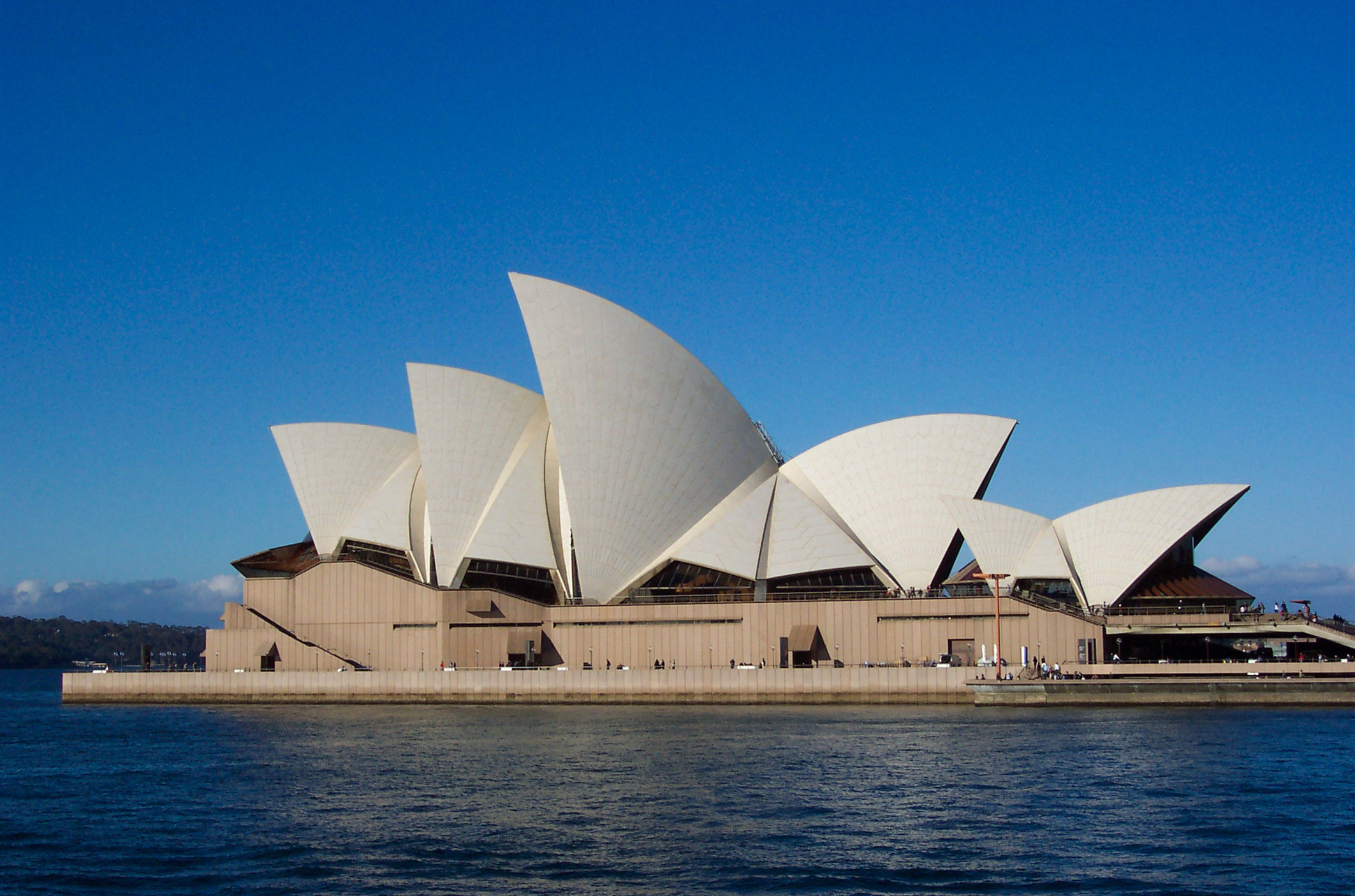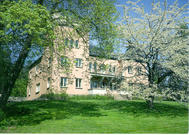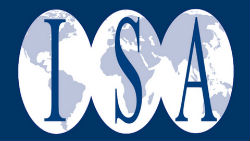FNI in Beijing: Discussing China's farewell to mercury emissions

What is the world’s largest producer of mercury emissions doing to reduce its global mercury footprint? Experts from FNI and other institutions gathered at Peking University 11 October to take stock of the situation.












